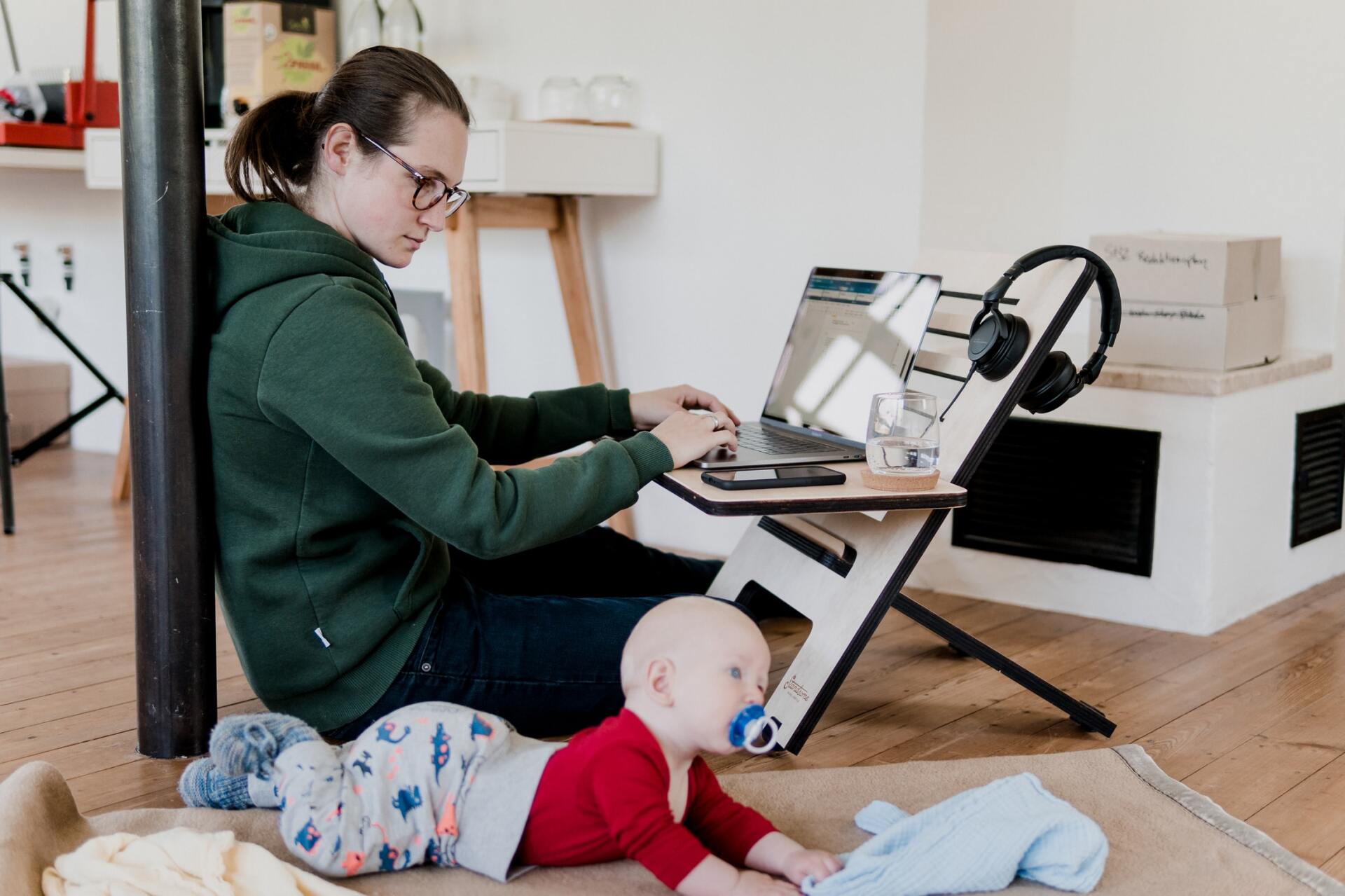Holidays from Work
Why is there still a stigma around taking holidays?
This blog post is an opinion piece written by Elizabeth Jamischak.

I just returned from a holiday and have been going through ‘holiday withdrawal’ since returning to work. It was the first time in years that it felt as though I had a true summer break, reminiscent of when I was growing up, which provided a much-needed reprieve from daily work and life decisions. (I realize that not everyone is in a position to take time off and I’m very grateful that I’ve been allowed this opportunity.)
Since returning and responding to the ‘how was your holiday’ question, I couldn’t help reflecting on two things:
- Taking time out to slow down, unplug, de-stress and allow my mind to wander and dream is not valued or promoted enough in our North American work obsessed culture.
- I’m grateful for the privilege of being able to take a holiday, however I’ve noticed that I tend to downplay its importance in fear it may be used against me.
Therefore, I wanted to share some 'food for thought' as it relates to time off to refresh and renew your mind, body and soul. (I know that may sound corny!)
Over the past decade awareness around mental health has come to the forefront, however there still remains a stigma associated with needing or wanting a break from work – especially if it's for more than one week.
This is occurring despite the many studies that confirm the following benefits from time away from work:
- Reduced stress
- Improved focus
- Heart health
- Improved sleep
- Increased happiness & well-bring
- Increased productivity
- Increased job satisfaction
- Boost energy reserves
- Increased life expectancy
- Improved relationships
- Increased creativity
- Increased analytical skills
Sources: https://osg.ca/importance-of-taking-holiday-time/, https://www.corporatewellnessmagazine.com/article/power-holiday-employee-wellness, https://www.mentalfloss.com/article/60627/11-hidden-benefits-taking-more-holiday, https://www.allinahealth.org/healthysetgo/thrive/importance-of-taking-holiday https://hbr.org/2016/07/the-data-driven-case-for-vacation
Not surprisingly we also see that the top 10 happiest countries in the world have a government mandated ‘minimum’ number of paid holiday days ranging from 20-25 days NOT including public holidays or weekends.
| 10 Happiest Countries* | Total MINIMUM Paid Leave Days (includes public holidays)** | MINIMUM Paid Personal Holiday Days** |
|---|---|---|
| Finland | 36 | 25 |
| Iceland | 38 | 24 |
| Denmark | 36 | 25 |
| Switzerland | 27 | 20 |
| Netherlands | 28 | 20 |
| Sweden | 34 | 25 |
| Germany | 30 | 20 |
| Norway | 35 | 25 |
| New Zealand | 31 | 20 |
| Austria | 38 | 25 |
*https://www.forbes.com/sites/laurabegleybloom/2021/03/19/the-20-happiest-countries-in-the-world-in-2021/?sh=443b00bd70a0
**https://en.wikipedia.org/wiki/List_of_minimum_annual_leave_by_country
Therefore, how can we take advantage of the benefits of holiday time? Here are a few important considerations:
- Prioritize taking time off. Often, the first step to taking a holiday is realizing it’s necessary and believing that you deserve it. In our increasingly fast-paced world it is very easy to think we will fall behind, the work won’t get done as efficiently or effectively without me, and the business will fail. Additionally, our own insecurity about our dispensability at work or the worry of holiday-shaming may creep in. Don’t let this dissuade you from taking the necessary time to refresh.
- Plan for your time off. Proper planning and preparation is an important element in ensuring you are able to fully relax and unwind (regardless of whether you stay in your backyard or travel the world). This includes looking at your personal and work calendars to determine the ideal time for vacation. For instance, is there a slow period at work where you won’t be overwhelmed when you return? We have found that allocating double the time of your holiday to prepping colleagues and/or clients prior to your leave will go a long way to making your time away, and the time you return, less stressful. (1 week holiday = 2 weeks prep / 4 weeks holiday = 8 weeks prep)
- Take a full break from work while on holiday. Taking a full break can be the most difficult, yet likely the most important for ensuring you get the full benefit of your time away from work. If you find yourself unable to go to bed without checking your emails (or social media) one last time – try moving your device to another room. You could also consider choosing holiday locations where internet and phone service are unavailable forcing you to fully unplug. I realize these sound like extreme measures but for some of us (myself included) they are necessary in order to fully reset, slow down and re-energize.
The bottom line is that studies have shown that taking a fulsome holiday has real benefits for us - mentally, physically and emotionally. Holidays help us to be better in our jobs and careers, have better relationships with others and they increase our level of satisfaction and happiness with our lives. In my circumstance, I am confident that the organization I work with will benefit from my holiday time because I’ve returned feeling refreshed, energized and ready to renew my commitment to my family and job.
Our desire is that one day soon we will all be in a position to take the time we need (whether that's a couple of days or several weeks) to slow down and take a break.










